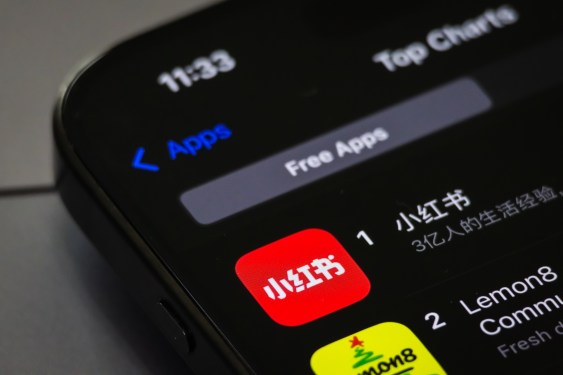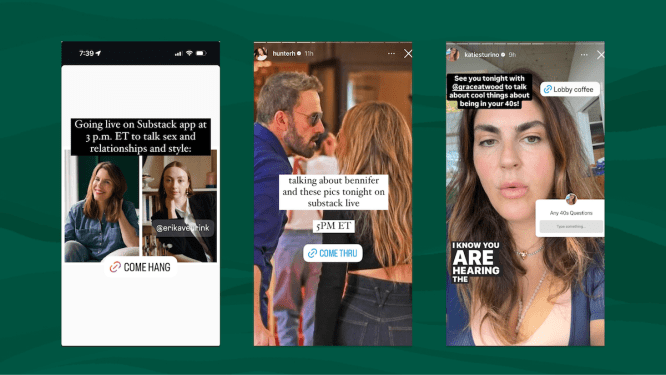Apple and Google have had a stronghold on mobile app distribution through their app stores for a long time now, especially for games. While Google’s Android lets users install games and apps from outside the Play Store, these alternative app stores have failed to offer significant competition.
To break this duopoly, Microsoft is now preparing to build its own mobile games store, and the company is banking on upcoming regulations to pull that off.
In an interview with the Financial Times, Microsoft’s gaming head Phil Spencer said that the EU’s Digital Market Act (DMA), which will go into effect next March, will help the company fulfill its mobile app store ambitions. The DMA will allow companies to load their app stores on Apple and Android devices by asking Apple and Google to open up their ecosystems.
“We want to be in a position to offer Xbox and content from both us and our third-party partners across any screen where somebody would want to play,” Spencer told FT. “Today, we can’t do that on mobile devices, but we want to build towards a world that we think will be coming where those devices are opened up.”
Microsoft has had a difficult time creating the user experience it wants with its Cloud Gaming app on Apple devices because the iPhone maker required users to download each game available to play on Microsoft’s cloud offering, including Fortnite. So Microsoft now asks people to sign in through Safari and follow instructions, which are not as easy as downloading an app from the App Store.
Microsoft’s efforts to build its own app store for games is not surprising given Apple’s restrictions around downloads and in-app purchases on its devices.
Apple and Google didn’t immediately respond to requests for comments.
In the last five years, Microsoft has acquired a ton of games studios, including Ninja Theory, Playground Games, Bethesda owner Zenimax Media, and it is in talks with regulators to go ahead and complete its deal to buy Activision Blizzard. If the Activision deal goes through, Microsoft can gain a footing in the mobile market through a separate store with titles like Call of Duty Mobile and Candy Crush Saga along with upcoming releases. Notably, Activision Blizzard has been making significant money from mobile games, so controlling distribution through its own store will give Microsoft an edge.
The biggest challenge Microsoft is facing is completing the Activision Blizzard deal, as regulators from the U.S., the U.K. and the EU are scrutinizing the merger. Last month, the U.K.’s Competition and Markets Authority (CMA) said it would launch an antitrust investigation over concerns the deal could harm the country’s gamers with “higher prices, fewer choices.” Microsoft has tried to appease regulators by saying it is ready to provide a long-term commitment to make popular games like Call of Duty available on competitors’ platforms.
The tech giant recently signed a 10-year deal to bring Xbox games to Nintendo consoles. It has also agreed to bring these games to cloud gaming services from Nvidia, Boosteroid and Ubitus.





